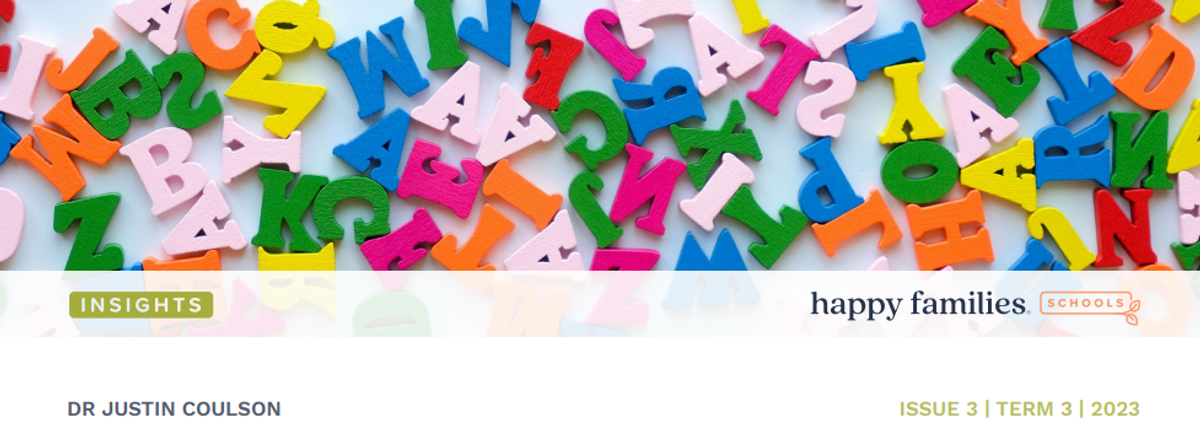Parent Partnerships

For close to 200 years, children have sung in the schoolyard:
Sticks and stones may break my bones
But words shall never hurt me.
We all know that’s not true.
However, it’s not just cruel words that have the capacity to hurt. Sometimes as parents, we surprisingly hurt our children in the way we offer praise or correction. Here’s what I mean:
A few months ago, I read The Absorbent Mind by Maria Montessori. While I didn’t agree with all of it, and there were some ideas that wouldn’t fly today, there were plenty of enlightening moments. One thing that stood out was the idea of not correcting children. Yes, you read that right: not correcting children.
Montessori recognises that this makes no sense.
“How can we improve the children’s work if we do not correct the errors?” she imagines us asking.
She goes on to explain that when teachers remove themselves from the role of hovering over children to point out their errors, the child is empowered to grow by correcting their own errors. For example, when a child is learning to walk, they don’t need us to point out every time that they fall. They are already inclined to move towards progressive improvement, without us pointing out everything they are doing wrong.
It is easy to step back and ignore errors at an early age. It is much harder to hold back from offering correction as our children grow. However, our corrections, no matter how gentle, can have unintended consequences.
We might think that we need to correct our kids when they write their name all in capital letters, hold up 3 fingers instead of 4 when telling us their age, or when they colour a tree blue.
But what would happen if we didn’t?
Wouldn’t it be possible that they would learn for themselves given time?
Mightn’t they learn to identify errors on their own?
Is it possible that they would also be able to retain their creativity, and find joy in pushing boundaries and experimenting with new things?
I am certain that we can answer yes to all of the above. And decades of psychological research tells us that the answer is yes. My new book, The Parenting Revolution, explores all of that research and helps us understand why this matters.
Nevertheless, it is not only words of correction that can hamper a child’s creative process. Words of praise can have a similar effect.
When we praise our children’s accomplishments, we may stifle their desires to work towards improvement. After all, if we’re already happy with the tree they drew, why would they keep trying? They may become less likely to take risks and extend themselves, for fear of losing our approbation.
Similarly, if the praise we offer is superficial, such as by simply saying “good job”, or “well done”, or even “what a clever kid you are!”, our children don’t feel seen. Their efforts go unnoticed, and we lose out on helping them appreciate the growth that happened in the learning and creating process.
We sometimes create praise junkies, unwilling to try anything without our approval. In some cases, they infer that they must not be good at something. If they were, we wouldn’t feel a ‘need’ to praise them!
So what are we to do? No correction, no praise? What on earth are we meant to say next time our children show us their drawings?
Try this:
- Narration. Talk through what you see, without judgement, noticing the little details. “I see that you drew a big happy face on the sun in this picture.”
- Ask for their opinion. Intrinsic motivation is far more powerful than extrinsic motivation, and we help them get to their intrinsic motivation by prioritising their opinion over ours. “There’s a lot of different colours in this painting, can you tell me why you chose all those colours?”
- Express gratitude. A sincere thank you never fails. “You drew this for me? Thank you!”
- Say what you see. Describe the emotions you see in your child as a result of what they have done. “You look really happy with the drawing you did.”
Much like sticks and stones, words can be powerful. Through them, we can help our children develop a love of learning, and a willingness to experiment, and foster their creativity.
Our words matter.


